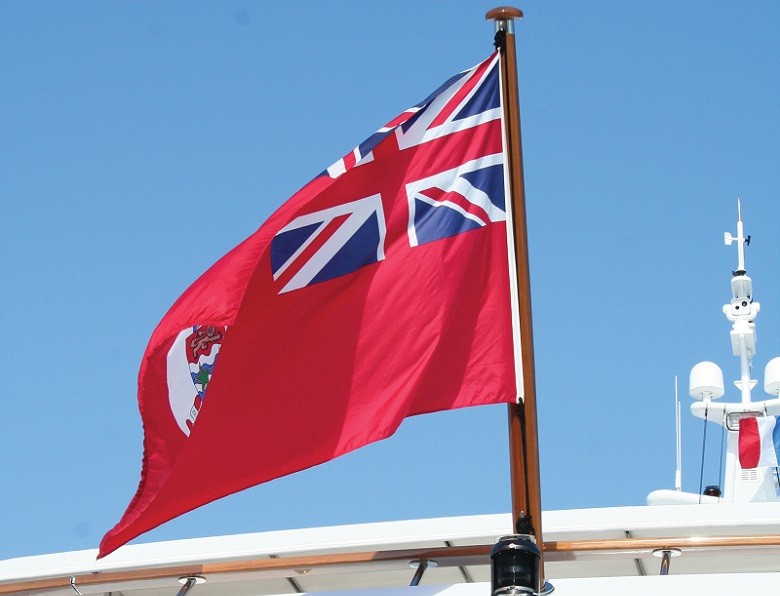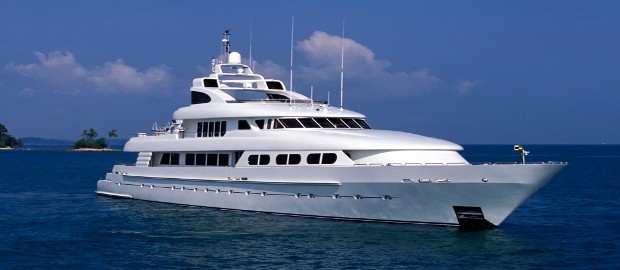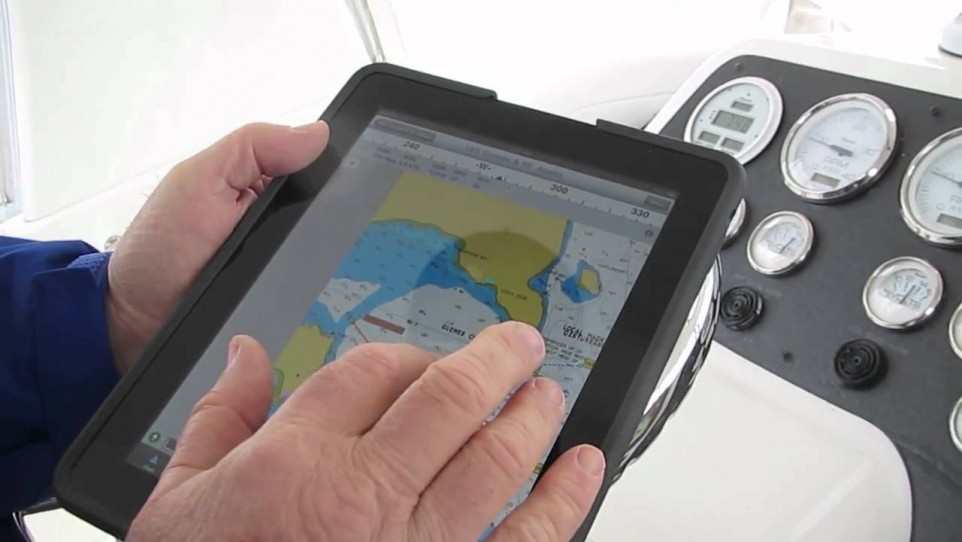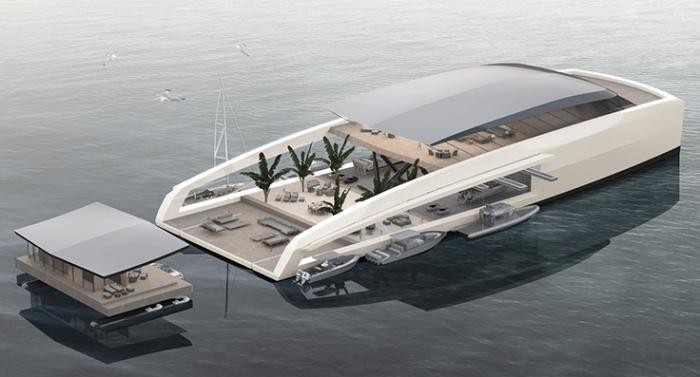To be perfectly honest I was not expecting to enjoy it … but actually I DID!
I learned a new phrase, ‘Ambulatory Referencing’ (sounds boring but actually it’s quite important so more of this later) and we spent some time discussing the ‘pros’ and ‘cons’ of a concept design for a superyacht where the ‘back falls off’ and creates an independent autonomous ‘beach house’ (what!).
The key note speaker was David Dingle, the Chairman of
Carnival UK and also of a group called
Maritime UK. The UK Government recently commissioned an inquiry into how to grow the UK maritime industry in its widest sense (ships, ports, services, infrastructure etc.). Chaired by Lord Mountevans, it reported in September 2015. There were eighteen specific recommendations in the report, all of which were accepted by the government. One of them was to set up a body to represent and speak as one voice for the whole Maritime Industry; this is Maritime UK.
David gave an overview of the report and current progress, the superyacht sector’s importance in the UK maritime industry and of course referred to the threats and opportunities of BREXIT.





